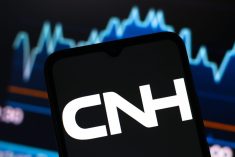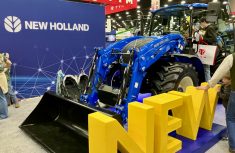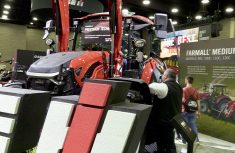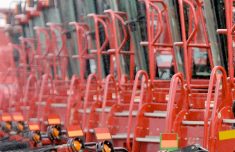Milan | Reuters — CNH Industrial beat first-quarter earnings expectations on Tuesday and the agricultural and construction machine maker’s CEO said he was confident the company could successfully navigate ongoing global supply chain issues.
“Don’t underestimate how difficult the environment is, it’s a battle,” CEO Scott Wine told analysts after the company posted a 9.2 per cent rise in operating profit as demand remained “healthy.”
“But I am confident in our team’s ability to navigate the current environment,” he said regarding logistics pressures and semiconductor shortages.
Read Also
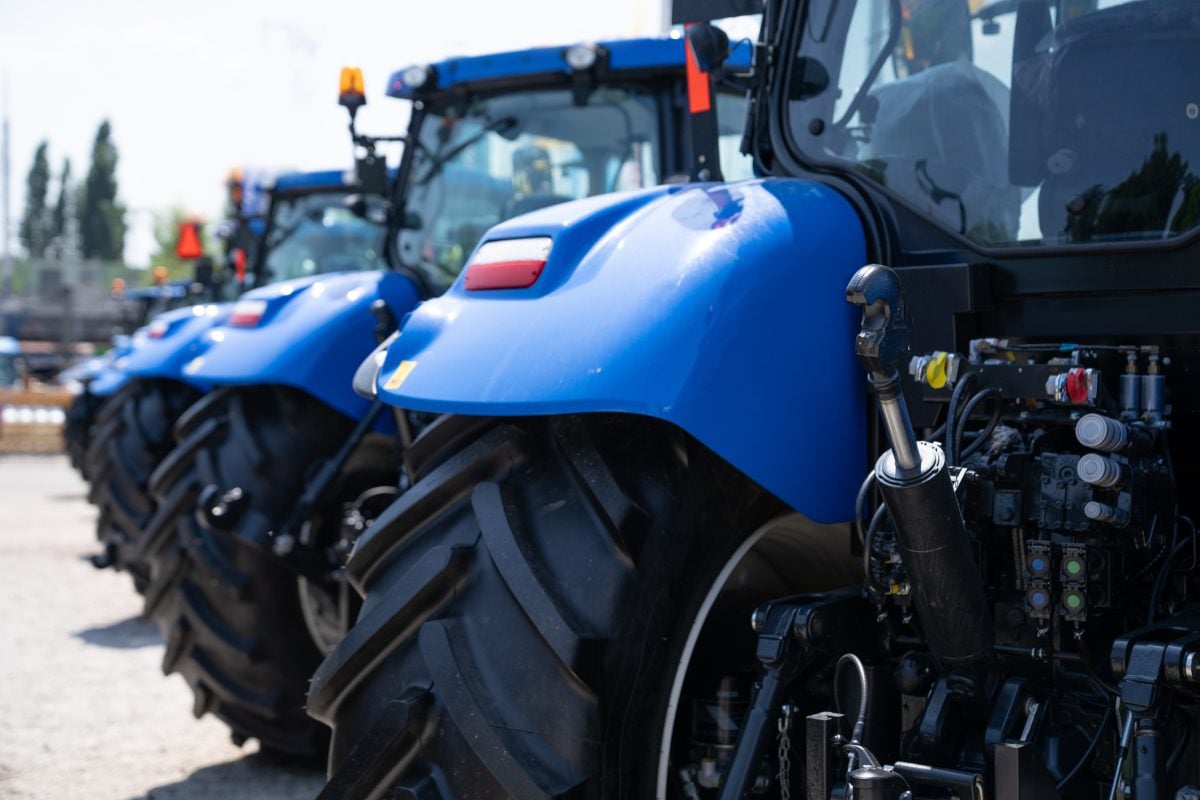
Association of Equipment Manufacturers sets up lobby in Ottawa
The Association of Equipment Manufacturers, an organization representing North America’s agriculture and construction equipment makers, is setting up an office in Ottawa.
Wine said the group — whose agriculture brands include Case IH, New Holland and Steyr — was adapting production to the chip shortage and was delivering more to clients this quarter.
In its first results since spinning off its truck, bus and engine businesses under the name Iveco Group, CNH reported $429 million in adjusted earnings before interest and tax (EBIT) for industrial activities in the January-March period, topping the $391 million forecast by analysts in a poll compiled by Reuters (all figures US$).
“Order books remain exceptionally strong, up almost 40 per cent in agriculture and 80 per cent in construction,” Wine said, confirming full-year forecasts the group had previously released.
CNH added, however, took a $71 million hit in the quarter due to the suspension of its Russian operations, including for asset writedowns.
It also saw negative cash flow generation from industrial activities of $1.059 billion, as “critical supply chain disruptions” constrained its ability to ship finished goods.
— Giulio Piovaccari is a Reuters correspondent in Milan.



